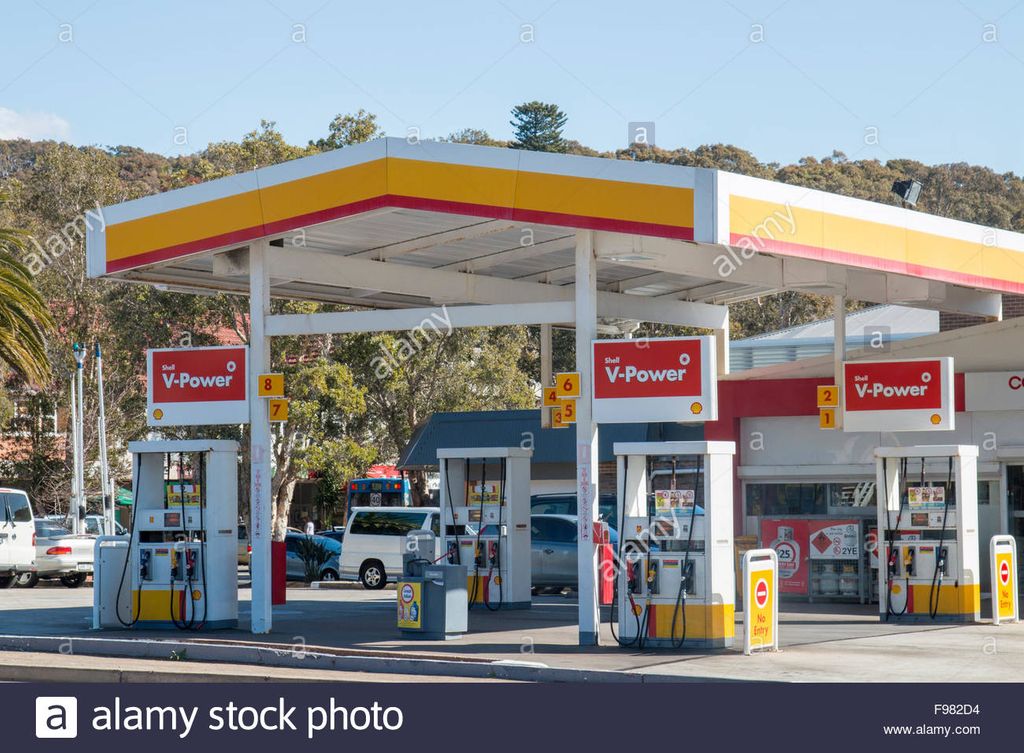Shell Case Study
Aug 28, 2019 • 3 views
About Shell
We are a global group of energy and petrochemical companies with an average
of 86,000 employees in more than 70 countries. We use advanced technologies and take an
innovative approach to help build a sustainable energy future. Shell aspires to be a forward-
thinking energy company and aims to meet global energy demand in an affordable and
responsible way. Shell is one of the most diversified international oil companies in India's
energy sector. It is a major private sector supplier of crude products and chemicals to India.
With over 4000 staff in the country, Shell has a significant technology centre, a financial
business operations centre and operates a joint venture LNG receiving and re-gasification
terminal. Shell has signed MOUs for a floating LNG terminal in the country. Shell also has a
downstream business marketing fuels, lubricants and specialty products. It recently launched
an in-house global IT centre in Bengaluru.

Air Quality - rising concern and insufficient actions
Air quality has become a significant socio-economic concern in India, with the country
overtaking China as the most polluted country in the world. According to a 2017 report by
Lancet Commission on Pollution and Health, India now tops the world in pollution-related
deaths, accounting for ~28% of the 9MM global pollution-related fatalities in 2015 In 2013, The
World Bank estimated that India lost around 7.69% of its GDP due to air pollution. These data
clearly indicate that air pollution is one of the biggest issues to address if we are to protect lives,
ensure public health and help the economy sustain and grow.
India currently has about 680 manual air quality monitoring system and 55 continuous air
quality monitoring systems. Within the National Clean Air Programme (NCAP) announced in
March 2018, the government plan to increase the manual air quality monitoring stations to
1,000, increase the continuous air quality monitoring stations from 55 stations in 40 cities to 268
stations in 67 cities and 50 stations in rural areas. However, that still leaves the number of
monitoring system grossly inadequate. A study by Central Pollution Control Board (CPCB)
study in 2003 suggested that India would require at least 4000 monitoring stations for a robust
understanding of the pollution impact.
Concentrations of pollutant vary sharply over spatial (often within short distances of ≪1 km)
and temporal scales owing to unevenly distributed emission sources, dilution, weather patterns
and physicochemical transformations. Hence, for example, the data output from 5 sensors for a
100-300 sq.km city is not only inadequate by sample-size but will very likely also lead to gross
theoretical errors in describing the real problem and thus, designing appropriate intervention
choices. Data insufficiency coupled with high pitch narrative has often led to knee-jerk

responses and insufficient or ineffective abatement strategies. This makes it imperative to have
a concerted public-private partnership that not only accurately monitors air pollution but also
provides detailed relevant information for adequate forecast that enables the right choice of
proactive or reactive interventions, eventually leading to strategies to reduce pollution levels
and protection of public health.
Air Quality: Shell Initiative
Shell aspires to create a platform or collaboration that sustainably supports a network of low
cost sensors, delivering high quality data through accurate monitoring, source apportioning,
forecasting and effective communication. This could be an open platform for other collaborators
to deliver co-created solutions that can solve the air quality challenges; a logical starting point
being an adequate database that enables clear problem understanding and effective decision
making.
Problem Areas Identified
a) Data inadequacy
The software and hardware challenges of collecting air quality data vis-a-vis the
wide spectrum of air quality challenges
Lack of sensors – density and coverage of installations; quality of collected/
transmitted data
Lack of consistent and reliable database on historic data across country
Factors affecting variability in pollution patterns and thus, data
b) Fragmented approach
Lack of uniform processes: significant amount of theoretical analysis and minimal
reconciliation through survey and monitoring
Lack of clear regulations and strict implementation, esp. in specific sectors as motor
vehicles, certain industry segments etc.
Inadequacy of policy interventions: Lack of modernized techniques for recording,
analyses, decision-making and implementation
